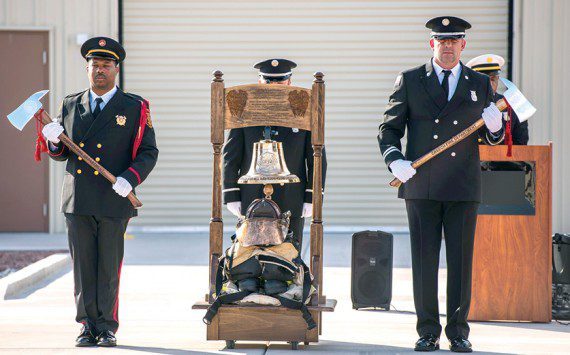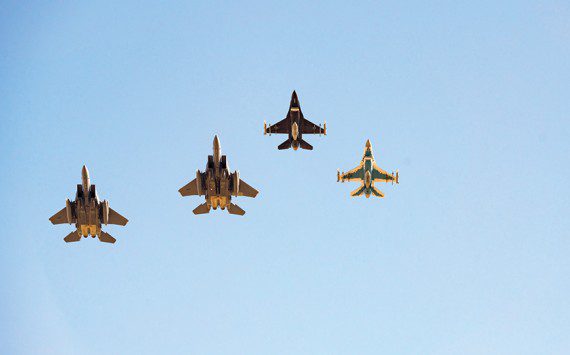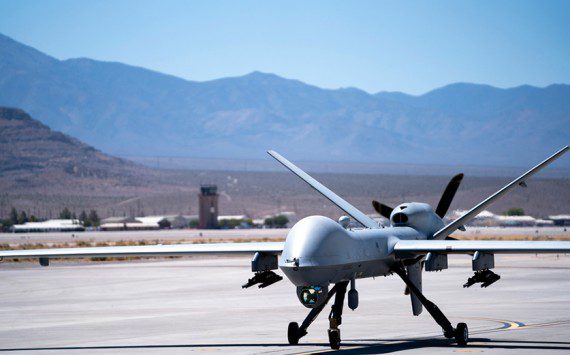WASHINGTON — Though monthly observances and themes come and go, the practices promoted in October’s Energy Action Month are encouraged year-round.
The Defense Department is arguably the United States’ biggest energy consumer, and the Air Force is responsible for at least half of that consumption.
According to Air Force Secretary Deborah Lee James, the Air Force must invest in new technologies that will allow it to operate less expensively and cleaner in the future, and more effectively at the strategic level, to preserve this resource without mission compromise.
Without energy, the Air Force would not be able to carry out some of its core missions such as intelligence, surveillance and reconnaissance; space; and cyber.
The Air Force has already taken several steps in an effort to save energy.
After Air Combat Command’s procurement of more aerospace ground equipment to support the national airborne operations center e-4B alert cycles, the Air Force stands to save 600,000 gallons of fuel by adding AGE at just four other duty locations.
Additionally, Air Material Command flight planners recently resolved a global airspace issue for its tankers, eliminating the additional fuel they were requiring for all flights over Egyptian airspace, saving AMC over $1 million.
By being aware of energy consumption, Airmen and their families can also actively save energy.
There are several practices individuals can incorporate into their daily activities — from work to home — that can help “Protect the Power.”
At home: Go natural — turn off the lights and use sunlight when it’s available. Using this free resource instead of power can help save up to 40 percent of an electricity bill.
In the car: Slow down — instead of driving 75 mph, consider a lesser speed of 55 mph. Driving at slower speeds can save up to 25 percent in fuel costs, and if it takes $40 to fill up a vehicle’s gas tank every two weeks, savings could reach $240 a year.
At work: Conserve energy — remember to turn off computer monitors at the end of the day. Combined, monitors use more energy than any other piece of equipment, so try to remember to cut them off when not in use for an extended period of time.
Mini-power savers also play a role. Try posting reminder cards to help get youth in the habit of saving.
Editor’s note: Information for this article was provided by http://www.safie.hq.af.mil/Programs/energy/action. Visit the site for more ways to Protect the Power.











